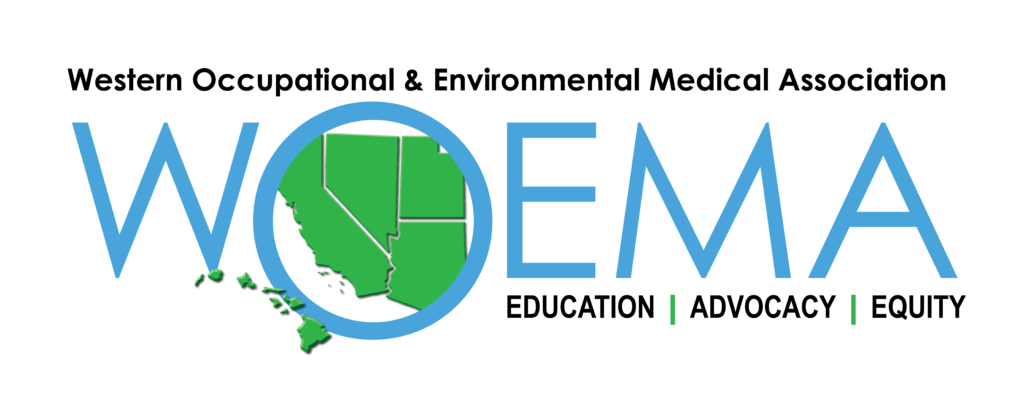Honoring Asian American and Pacific Islander (AAPI) Heritage Month
Dear Colleagues,
As we enter Asian American and Pacific Islander (AAPI) Heritage Month, it is a profound opportunity for us in the healthcare community to recognize and honor the significant contributions of Asian Americans and Pacific Islanders to medicine and public health. This month serves as a reminder of the rich diversity within our teams and the communities we serve, as well as the unique challenges faced by AAPI populations.
Asian Americans and Pacific Islanders have a longstanding history of enriching the medical sciences with groundbreaking research, exceptional healthcare delivery, and impactful community service. Their dedication is integral to our profession’s ongoing mission to improve health outcomes and provide culturally competent care to every patient.
However, it is also crucial to acknowledge the disparities and specific health challenges that disproportionately affect AAPI communities. The US Department of Health and Human Services, Office of Minority Health reported that Asian Americans and Pacific Islanders are:
- Least likely to report having a personal doctor. In fact, 19.4% of Asian adults compared to 12.9% of whites report being without a usual source of health care. Cambodians and Vietnamese are three times more likely to skip doctor visits due to cost compared to all Asians or U.S. residents.
- Less likely to have blood pressure monitoring and pap smears. Cervical cancer screening rates are significantly lower among Asian American women in California compared to the general population. Only 60.5% of Vietnamese women reported receiving a pap test in the past three years compared to 86.2% of all women in California.
- Poorer quality care. Native Hawaiians and other Pacific Islanders report having poorer quality care. For example, they receive less prenatal care in the first trimester and have higher infant mortality than whites.
- Higher disease incidence. The incidence of breast cancer among AAPI women increased from 87.0 to 97.8 cases per 100,000 women from 1990 to 2001, a growth rate that has increased faster than any other racial/ethnic group.
In recognition of AAPI Heritage Month, I encourage each of you to engage in dialogues and educational programs that promote understanding and awareness of AAPI cultures and contributions. Let us also commit to supporting research and healthcare practices that address the unique needs of these communities and strive for health equity for all.
Thank you for your continuous dedication to fostering an inclusive and supportive healthcare environment. Let us celebrate this month with enthusiasm and respect, acknowledging the immense value that diversity brings to our profession and to the care we provide.
Erik Won, DO, MPH, MBA, FACOEM
and JEDI Committee Members
